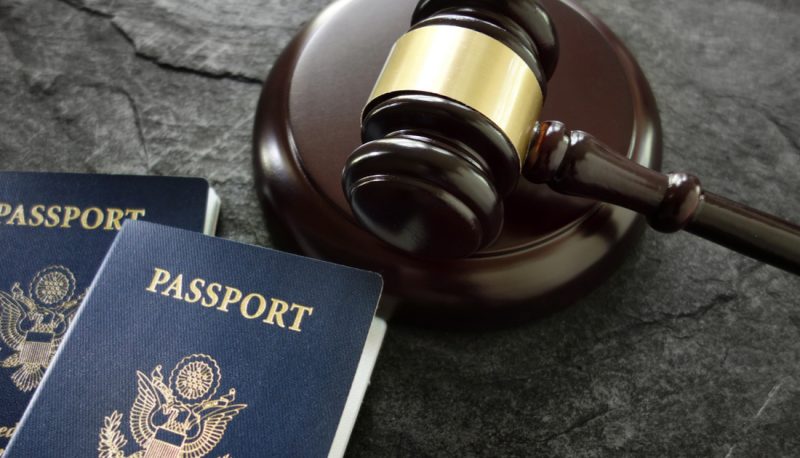“Confirmed Judges, Confirmed Fears” is a blog series documenting the harmful impact of President Trump’s judges on Americans’ rights and liberties. Cases in the series can be found by issue and by judge at this link.
Trump Second Circuit judge Richard Sullivan tried to uphold a Board of Immigration Appeals (BIA) decision that barred a lawful permanent resident of more than 15 years from returning to the U.S. after a trip abroad. The Second Circuit majority rejected that view and vacated the BIA decision in its May 2020 holding in Mendez v. Barr.
Tomas Mendez has been a lawful permanent resident of the U.S. since 2004. In 2016, when returning to the U.S. from an overseas trip, immigration authorities would not let him re-enter. The BIA ruled that he could not return because he had been convicted in 2010 of misprision of a felony, or concealing knowledge of the commission of a felony without reporting it to the appropriate federal authorities. Misprision of a felony is an offense that the BIA now considers a “crime involving moral turpitude” (CIMT) that allows someone to be considered inadmissible to the U.S.
Mendez sought review in the Second Circuit, contending that misprision is not a CIMT. In an opinion by George W. Bush nominee Barrington Parker, the Second Circuit overruled the BIA’s decision. Judge Parker explained that “for decades,” the BIA did not consider misprision, which can be nothing more than failure to report knowledge of a felony to police, to be a CIMT, which is defined as a crime that is “inherently base, vile, or depraved, and contrary to the accepted rules of morality.” In 2006, based on a similar Eleventh Circuit decision, the BIA “did an about face” when it claimed, in a case in the Ninth Circuit, that misprision is, in fact, a CIMT.
As Judge Parker elaborated, the Ninth Circuit rejected the BIA’s view, explaining that misprision requires “only knowledge of the felony” and does not require an “intent to defraud, or conceal, or obstruct justice.” (Although the BIA and the Second Circuit did not consider the facts of Mendez’s case, his conduct had consisted only of learning that someone was “running a brothel” in Maryland and “not informing investigators” when he was arrested for another offense.) The Second Circuit majority agreed with the Ninth Circuit, holding that all cases of misprision cannot “categorically” be considered CIMTs, and vacated the BIA decision.
Trump judge Sullivan dissented. He argued that under the Chevron principle, the court owed “deference” to the BIA’s interpretation. He asserted that the “affirmative act of concealment” or “dishonest and deceitful behavior” involved in misprision makes it a CIMT, despite the lack of an intent requirement, and that the court should follow the Eleventh Circuit’s ruling, as well as a more recent decision by the Fifth Circuit, and rule that misprision is a CIMT and that it was thus proper to bar Mendez from returning to the U.S.
The Second Circuit majority rejected these claims. In accord with Supreme Court precedent, Judge Parker pointed out that because the BIA has “no particular expertise in construing federal criminal statutes” like the misprision law, “we owe no deference” to its interpretation. The misprision law does not require a finding of “evil intent,” Parker went on, which both the courts and the BIA have made clear is necessary for a crime to be a CIMT. Even in this case, Parker noted, the BIA had acknowledged that misprision “does not explicitly require that the act of concealment be intentional.”
In addition, Parker explained that Sullivan’s view that intent did not matter because misprision involved being “dishonest and deceitful” ignores the fact that “almost all crimes” involve some such behavior. Parker stated that Sullivan’s claim, as well as the Fifth and Eleventh Circuit rulings, would “eviscerate the distinction in the law” and turn “almost all crimes into CIMTs.” Indeed, Parker elaborated, the BIA view “treats misprision more severely than the more serious offense of accessory after the fact,” which BIA has stated is not a CIMT.
Fortunately, the Second Circuit majority did not accept Sullivan’s dissent. If it had, a lawful permanent resident of the U.S. would have been barred from returning to this country.

